The Hunger Games — Book Review
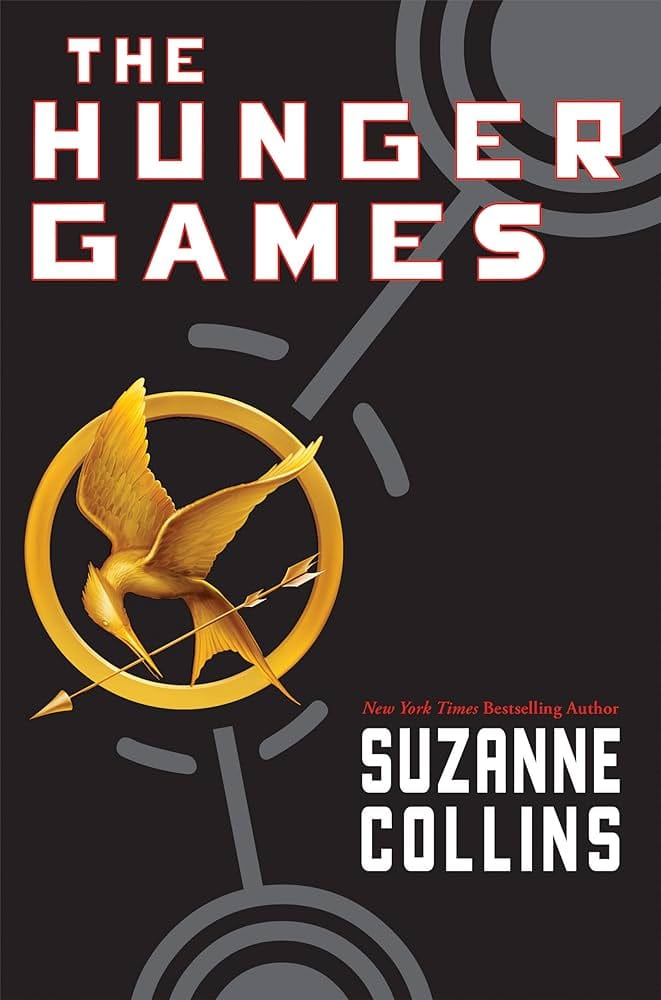
TL;DR
4/5. “I volunteer as tribute!”: Katniss is thrown into an arena with 23 other minors to battle it to the death. I can’t say more or I’ll spoil the book.
It’s an intriguing book about morality, class, violence, and deceit that derives its merit from the plot and implicit social commentary more than its writing style. Either way, it’s a fun read that certainly deserves a spot on any young reader’s shelf.
Favorite Quotes
I don’t have many quotes that don’t spoil the book and resonate with me…
- Destroying things is much easier than making them.
- Stupid people are dangerous.
- I also want to tell him how much I already miss him. But that wouldn’t be fair on my part.
Book Ramblings
Spoilers!
A (Meta) Critique of Society
The Hunger Games functions as a critique of many things: war, where children are sometimes conscripted to fight for a world that isn’t theirs, capitalism, where there are stark disparities between high class and all the peasants below, and, I don’t think intentionally, climate action—or the lack thereof—where adults now are abstaining from birthing a child into a bleak world. Sure! Amazing. Good book for that. Collins does a great job of creating a plot that teaches a message generalizable to many important topics.
But I think the most interesting critique within the book is a meta-critique. The Games themselves are built on a professed need to control the Districts. That’s believable, but there’s also an eerie unspoken truth: the Games’, and hence the book’s, ability to appeal to humanity’s attraction to violence. This is evident in the quickened pacing of movies and shows, sometimes to the point where the entire movie/show episode is just… action? We can extend this critique of our affinity for violence to the book itself.
Why is The Hunger Games such a popular book? Not only is it one of the most sold books of all time, it’s also a book whose target audience is the young reader. No matter someone’s reasons for enjoying the book, I have to believe the violence within is one component. But what does that say about any reader that likes The Hunger Games? How has a book with a plot driven by senseless child murder become a spectacle of modern-day society? What does that say about societal values as a whole?
Perhaps Collins wants us to examine our own need for violence as manifested in our liking of this book. Or, more likely, probably not. But I still think these are questions worth pondering.
Humanization
I was in a bookstore with my friend, Sage Anders, where she found her beloved Hunger Games and, among some commentary I forgot, she explained how Collins does a very good job of humanizing everyone. Indeed, Collins does.
While the Games are going on, Katniss expresses her hatred toward the Careers for causing Rue’s death (horrifying scene, by the way). Then, she reminds herself that Rue’s murder would not have been possible without the Capitol’s orchestration. There are other examples of this blatant humanization going on, which definitely strengthens her critiques as outlined above. She’s constantly reminding the reader that “others” facing oppression are similarly suffering.
Collins includes other, more subtle humanizing examples. Throughout the book, there’s this acknowledgment that Haymitch’s life is pitiful, him crashing from his glory as a crowned victor to a perpetually drunk dimwit literally on the floor. And you feel bad for Katniss and Peeta once you realize they’re going to be mentored by someone who threw their life away long before they were born. After enduring most of the throes in the arena, Katniss and Peeta are having a conversation in the makeshift cave when she realizes:
Maybe he wasn’t always a drunk. Maybe, in the beginning, he tried to help the tributes. But then it got unbearable. It must be hell to mentor two kids and then watch them die. Year after year after year.
One chapter later, in Chapter 24, Katniss comes to a similar understanding of Cato, likening his general irritability and belligerence to hers during the private session with the Gamemakers. These little moments of sympathy are beautiful—nice reminders to treat all people as people.
Collins’s Writing Style
Is it amazing? No. But it does draw me in. At times, I completely forgot I was turning pages. I also didn’t expect this book to expand my vocabulary but I was too vain and also underestimated Collins’s writing (did you know “treed” means to be forced into a difficult situation?).
Nonetheless, I don’t think Collins did anything technically amazing. At some points, I was revising her figurative language. In Chapter 23, Katniss says her food is so fresh “you have to make sure it isn’t going to make a run for it.” I’m sorry but this personification was just lazy.
Also, at times I was questioning the diction. Katniss is the narrator. Does she really know all of these fancy words? She’s only 16, and it doesn’t seem like District 12 has amazing schooling. I understand it’s nice to read specific words that mean exactly what you want, but Katniss knowing all of these words? Eh. Detracts from the realism.
Although I will say that I like the choice of present tense narration. It does make me feel like I’m experiencing everything with Katniss.
Peeta’s Love Story
I’m a sucker for love stories like Peeta’s. I mean, having a crush on Katniss since he was a little boy and now being forced to fight to the death with her? But miraculously surviving with her?! Peeta has won my heart and I’m just sad that Katniss doesn’t feel the same. I think Katniss’s ignorance of Peeta’s love for her is a bit excessive at times, though. The man was begging for a kiss. How oblivious can she be?
A slight aside: I thought it was weird that Peeta’s dad told Peeta of his want to marry Katniss’s mom, but it makes sense on second thought because Peeta’s mom is an asshole. I still think it’s kind of weird, though.
The Ending
It was okay? It did what it needed to. I want to read Catching Fire, so good job. But it wasn’t super satisfying. I wanted to read about Katniss meeting Prim and her mom, at least. (I assume Catching Fire starts off with that.)
What I’m Reading Next
Of Mice and Men by John Steinbeck. I’m on a roll with reading right now, so I wanna keep going with short books. I’m also trying to get into classics this year, so Steinbeck’s novella seems perfect as a next read!
I will read Catching Fire (and the rest of the tetralogy) this year, but I have way too many books I want to get through. I’m going to watch the movie though!
No spam, no sharing to third party. Only you and me.
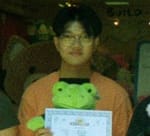
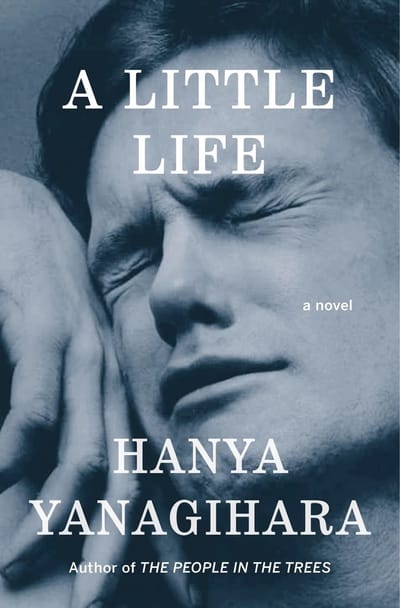
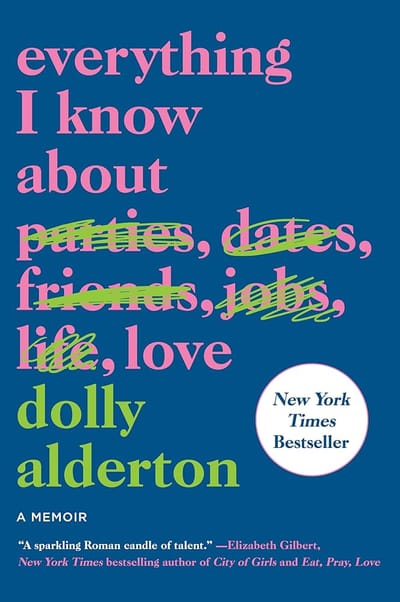
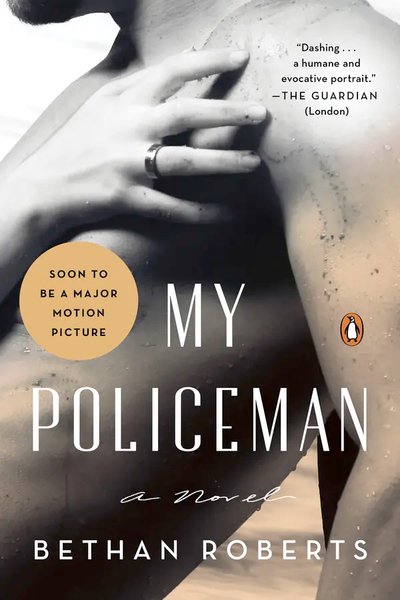
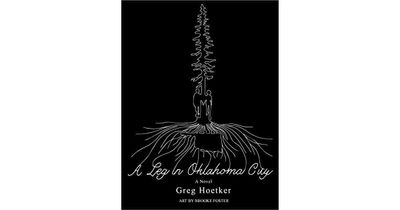
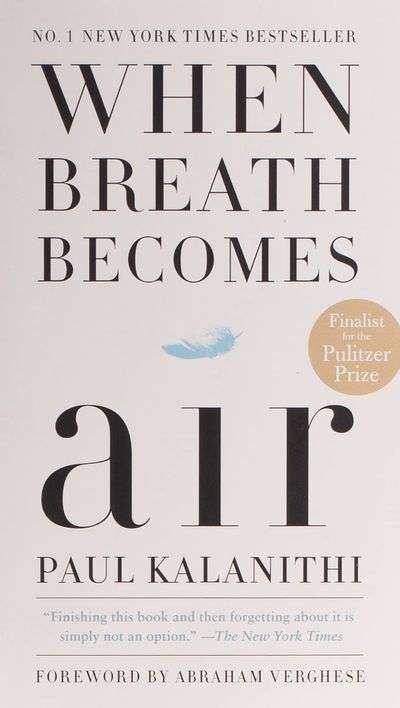
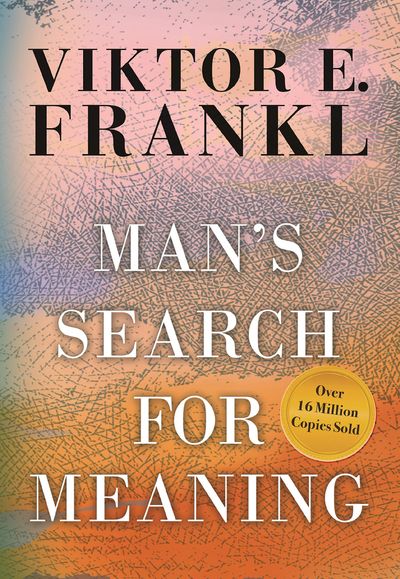
Member discussion